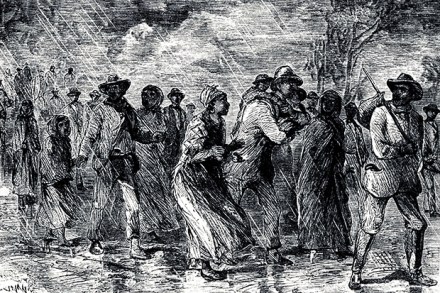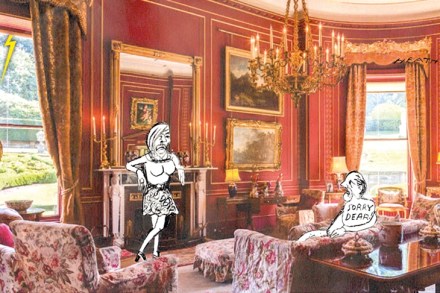A parable of good and evil
It is difficult to write well about slavery. As with the Holocaust, the subject’s horrific nature lends itself too easily to mawkishness. This tendency is one that Colson White-head consummately avoids in this impressive novel. The Underground Railroad, set before the American civil war, tells the story of Cora, a young slave on a cotton




















